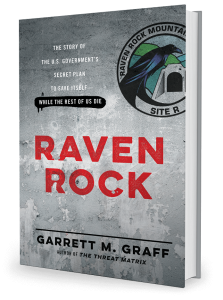[cross-posted]
I came across today an article written by Robert McHenry, the former editor-in-chief of the Encyclopedia Brittannica, about his reactions to the Wikipedia, or what he calls the “faith-based encyclopedia”:
…The Wikipedia project is flourishing. As of November 2004, according to the project’s own counts, nearly 30,000 contributors had written about 1.1 million articles in 109 different languages, though some of these language versions of Wikipedia remained quite small. The Manx Gaelic version, for example, had only 3 articles, the Guarani 10, and the Klingon (yes, from the Star Trek series) 48. The largest, the English language version, contained over 382,000 pages that were thought “probably” to be encyclopedic articles. (The “probably” tells as much about the limits of Wikipedia’s oversight as any single word possibly could.)
All-in-all, it’s not a very flattering piece, but you can’t help but a get a sense that he just doesn’t “get” it. The whole piece is written with a patronizing tone that sees the Wikipedia only as a distraction from “real” reference sources. He points out problems in a few entries and uses that and the Wikipedia’s instructions to damn it as a “reliable” tool.
But that’s not really the point of wikis. They’re not meant to be perfect right out of the box. They’re “open source,” collaborative, and iterative knowledge, just like the heart of the internet. They represent millions of people coming together and pooling their talents towards a greater (non-commercial) goal. Wikis are an exercise in the shared humanity of the world, and that’s something you’re never going to get out of a “closed source” solution like Encyclopedia Brittannica.
What’s more interesting, though? If you go to the Alexander Hamilton entry that McHenry specifically picked apart, you’ll see that the errors he pointed out have already been fixed. I don’t know whether he fixed them or someone else did after reading his article, but the wiki world is self-correcting and it’s always possible to edit away.
No, the wikipedia isn’t perfect, but every day it is getting better. Just look at how far it’s come in three years, and imagine what it’ll be like in ten years. I’m going to go out on a limb and say that the massive Encyclopedia Brittannica’s first editions in 1768 weren’t the be-all-and-end-all of knowledge then either.
(If you’re looking for more information on wikis, this is as good a time as any to unveil the EchoDitto Wiki page. If you have a favorite wiki, let us know and we’ll add it below.)



Recent Comments